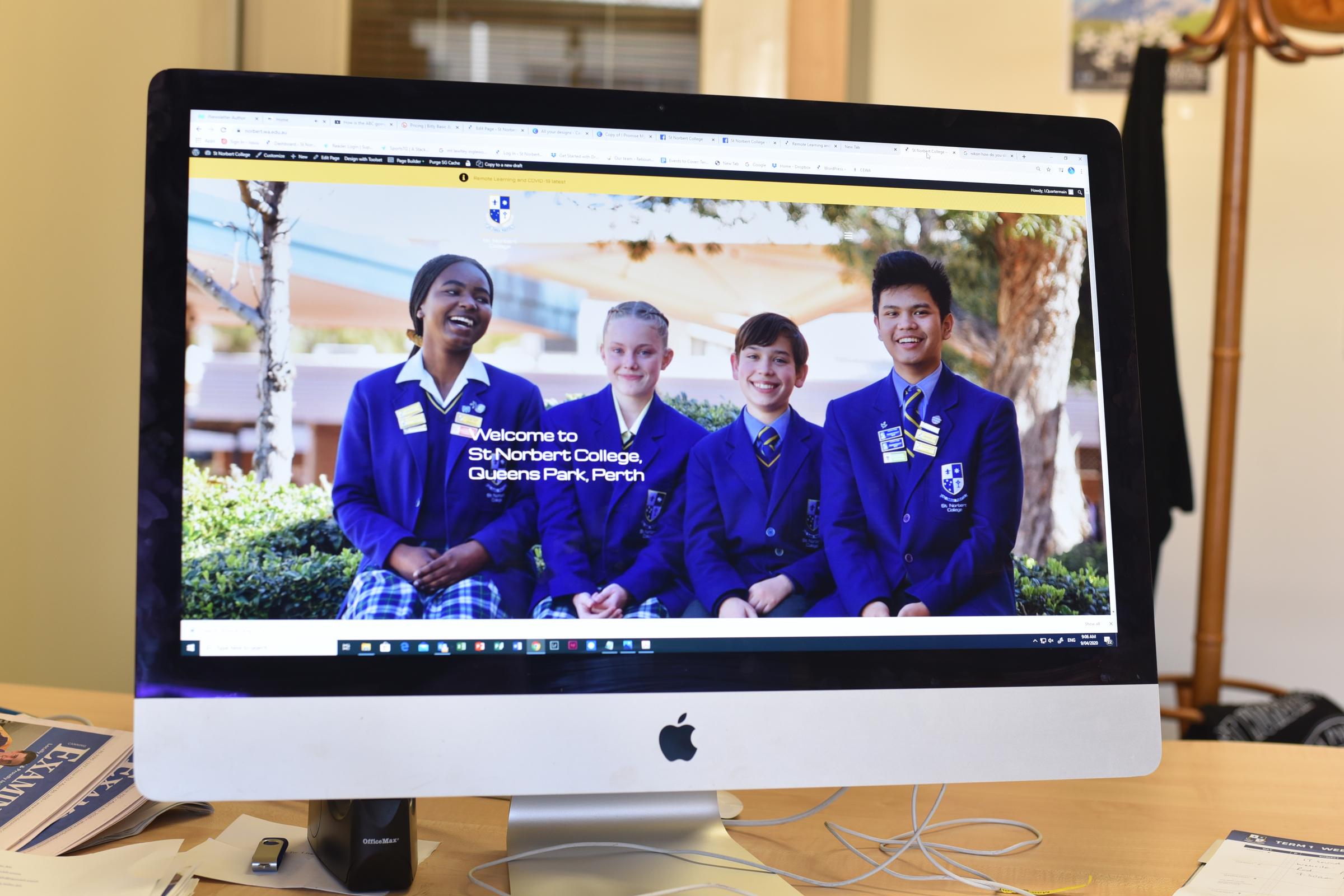Dean of Studies

START SMALL AND DO THE HARDEST THING FIRST
If you have been scrolling through various social media sites recently, it is highly likely your news feed reveals a broad range of tips and advice for remote learning and working. The common themes encountered are likely to include advice about creating boundaries between ‘work time’ and ‘home time’ and the importance of a strict routine or schedule. As part of this, you would then be advised to set aside a specific place in your house for work and to only use this space for this purpose. You would then be encouraged to get outside at least once a day for rest, recreation or exercise, or access the various exercise and workout videos now online. Lastly, you may also be told to try to switch off from digital technology in the evening.
While there is great value in maintaining peace and calm in the home environment, and clear benefits to exercise and sufficient sleep, these may not always be easy to set up. For example, in my house, we have three school-age children all completing remote learning, and our wi-fi is not always running smoothly.
In the previous newsletter, the key messages from the “Strategies For Success” seminar were outlined. Since then, with the adjustment to remote and online learning, perhaps a quick refresher can simplify these down further for the current school climate. And so with all the advice available for managing through this unique time, there are two simple steps to get started:
The first is to “Do the hardest thing first”. Many people take the approach of getting some easy wins first by doing the work that you know you can sail through, but just like training in the gym, you need to work on your motivation muscles. Doing the hardest thing first (in your learning) builds our ability to face challenges, and develop grit. A longer lasting sense of achievement is generated when we overcome something that was initially difficult.
The second step is to realise that “Big goals start with tiny habits.” Start with a micro-goal – something so small that it almost seems not worth doing, make it a daily routine that doesn’t require much thought to do and do it every day for at least two weeks. Track and measure your progress because what is measured often gets done. Share it with someone else to make yourself accountable, and increase it by about 10 per cent after two weeks, in order to offset boredom.
ABC TV RESOURCES
For many students and their families, access to the internet may be compromised. The Australian Broadcasting Corporation is making resources available through their content programming. Read the article “How is the ABC going to support students at home during the COVID-19 crisis?” here.
The expanded schedule of programs will start on Tuesday, 14 April from 10am to 3pm weekdays. The schedule moves from blocks of primary school content in the mornings through to secondary school content in the afternoons, featuring programs such as Ecomaths, ScienceXplosion, Numberblocks and English on the Go.
The Australian Institute for Teaching and School Leadership has published “What Works in Online/Distance Teaching and Learning” including two helpful resources:
- Resource 3a – Guidance for parents and carers on student wellbeing
- Resource 3b – General guidance for parents and carers
Mr R Dowling (Dean of Studies)
